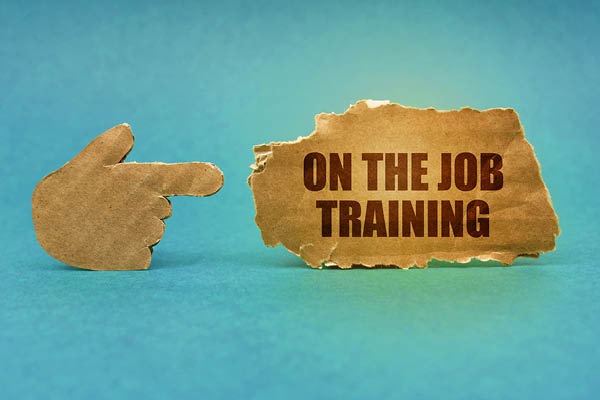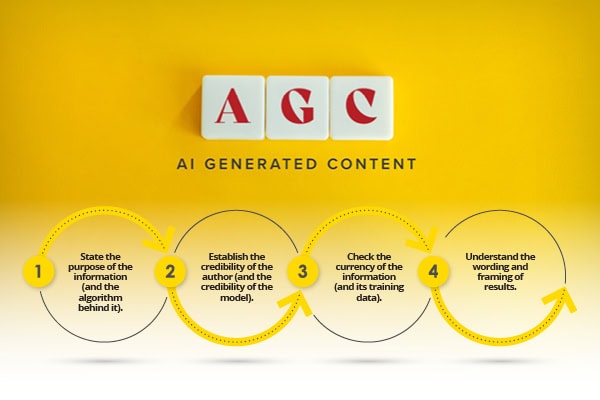A new study has found more than 80 percent of high schoolers value on-the-job training over other postsecondary options, including a four-year degree — evidence of students’ interest in immediate employment and disdain for a college education, according to The 74.
The study, commissioned by the Bill & Melinda Gates Foundation, surveyed more than 1,700 high school juniors and seniors, with 83 percent saying they value professional development leading to a job compared to 72 percent who value a four-year degree.
In collaboration with HCM Strategists and Edge Research, the study also surveyed more than 3,000 non-enrolled adults ages 18-30 who either chose not to attend college or left their postsecondary program.
Both groups not only placed higher value in on-the-job training, but also licenses and professional certificates.
A panel of experts recently came together to discuss the report’s findings — expressing concern over the growing apathy high schoolers and non-enrolled adults are showing in a college education.
Despite the empirical value of a college degree, Patrick Methvin, director of pathways and postsecondary success strategies at the Gates Foundation Methvin, said high schoolers’ waning trust comes from the negative media they consume, including the Supreme Court decision ending race conscious college admissions — which students view as an attack on campus diversity — along with crippling student loan debt.
Here are four key takeaways from the report:
1) High schoolers and non-enrolled adults value on-the-job training the most out of all postsecondary options.
Terrell Dunn, founding partner and consultant at HCM Strategists, said students value on-the-job training because they’re “shorter and cheaper options” that lead to well-paying jobs — such as careers in the oil and gas industry that offer six figure salaries without needing a college degree.
“When it comes to paying for college, this is when the gloves come off [and] folks really seem to have a lot of problems,” Adam Burns, chief operations officer and senior research analyst at Edge Research, said. “They’re really lost in understanding how much college really costs, how financial aid works and even just managing when to fill out the forms and how to fill out the forms.”
2) High schoolers are more likely to align college importance with future job placements and income.
High schoolers who value a college education are focused on real life concerns such as earning more money and getting a better job — as opposed to learning or networking.
Pam Loeb, principal at Edge Research, said high schoolers’ main focus is finding the best pathway to a well-paying job.
3) The importance of a college degree declined among non-enrolled adults compared to those surveyed in the fall of 2022.
The top reasons non-enrolled adults value earning a college degree aligns with high schoolers — to earn more money and get a better job.
Burns said non-enrolled adults’ declining value stems from the “opportunity cost” of transitioning away from their full-time jobs to work towards a college degree they’re already skeptical about.
4) Most non-enrolled adults see more value in licenses, professional certificates, and trade schools compared to a four-year degree.
About 75, 72 and 63 percent of non-enrolled adults respectively value licenses, professional certificates and trade or vocational schools — an increase of five percent compared to those surveyed in the fall of 2022.
But just 57 percent value a four-year school — a three percent decline.
“A lot of their concern is around making the right choices…at each juncture of their journey,” said Jessica Collis, director of advocacy and change management at HCM Strategists.
The 74





